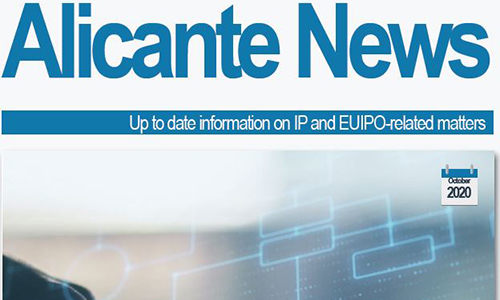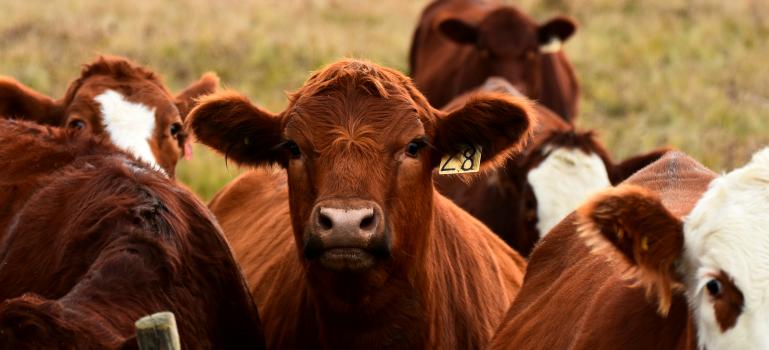The Tanzanian National Electoral Commission and Zanzibar Electoral Commission have declared the results of the elections.
Election day was well organised and peaceful in many parts of the country. Nonetheless, the European Union (EU) notes with regret the disruption of social media before, on and after election day, claims of opposition candidates that they did not benefit from a level playing field during the electoral process, as well as the limited possibilities for electoral observation. Reports of irregularities in some districts are also raising concern. These serious allegations have an impact on the transparency and overall credibility of the process. They should be processed through legal means of redress.
In Zanzibar, tensions were reported, with deadly violence, including allegations of excessive use of force by State organs. The EU hopes that it will be possible to lay the foundation for a sustainable reconciliation between all stakeholders, in order to contribute to long-lasting peace and stability in the archipelago.
The EU encourages an open, constructive and inclusive dialogue between the Government of Tanzania, opposition political parties and civil society, and recognises peaceful expressions of opinions as essential to multi-party democracy and civic freedoms.
Tanzania has a strong record of stability, peaceful cohabitation and tolerance among its people. The EU and Tanzania have a long history of good relations, and the EU reaffirms its preparedness to contribute to joint next steps for political dialogue and economic cooperation.



